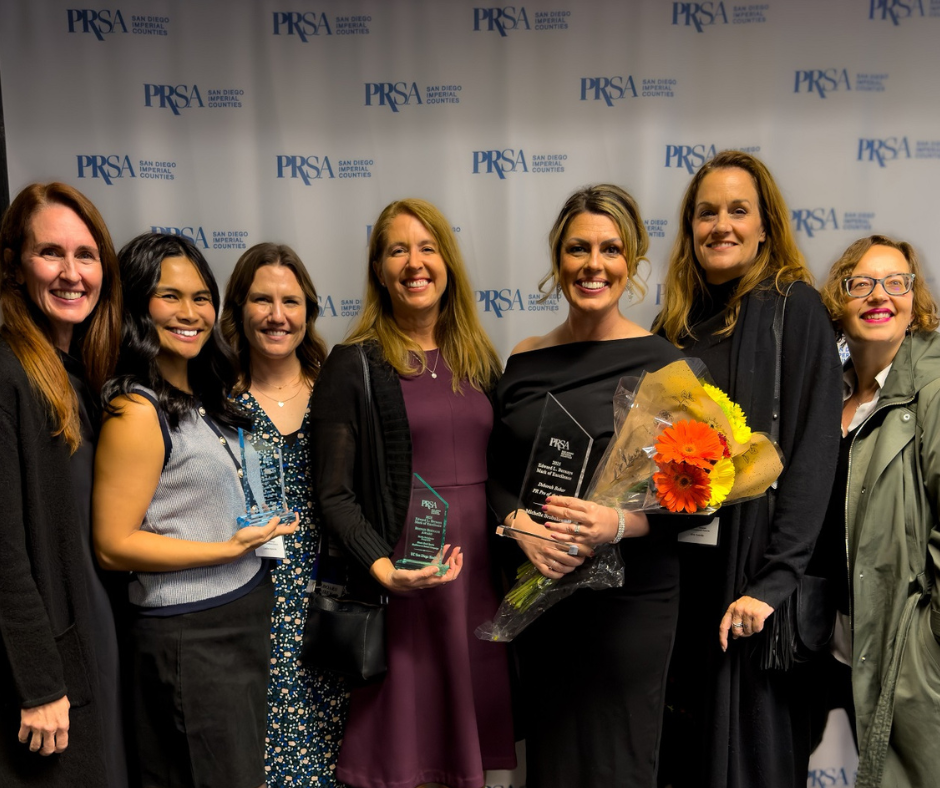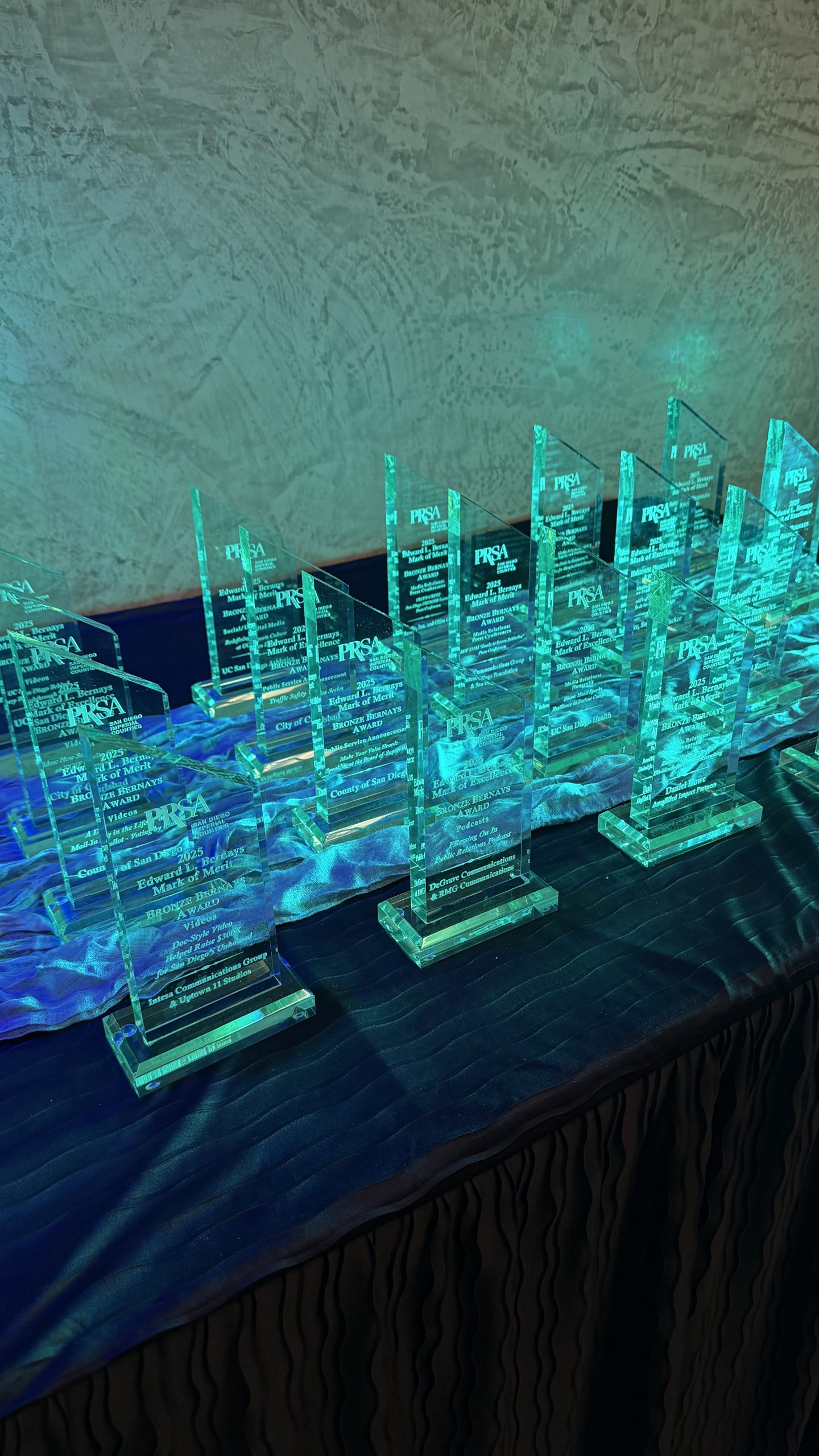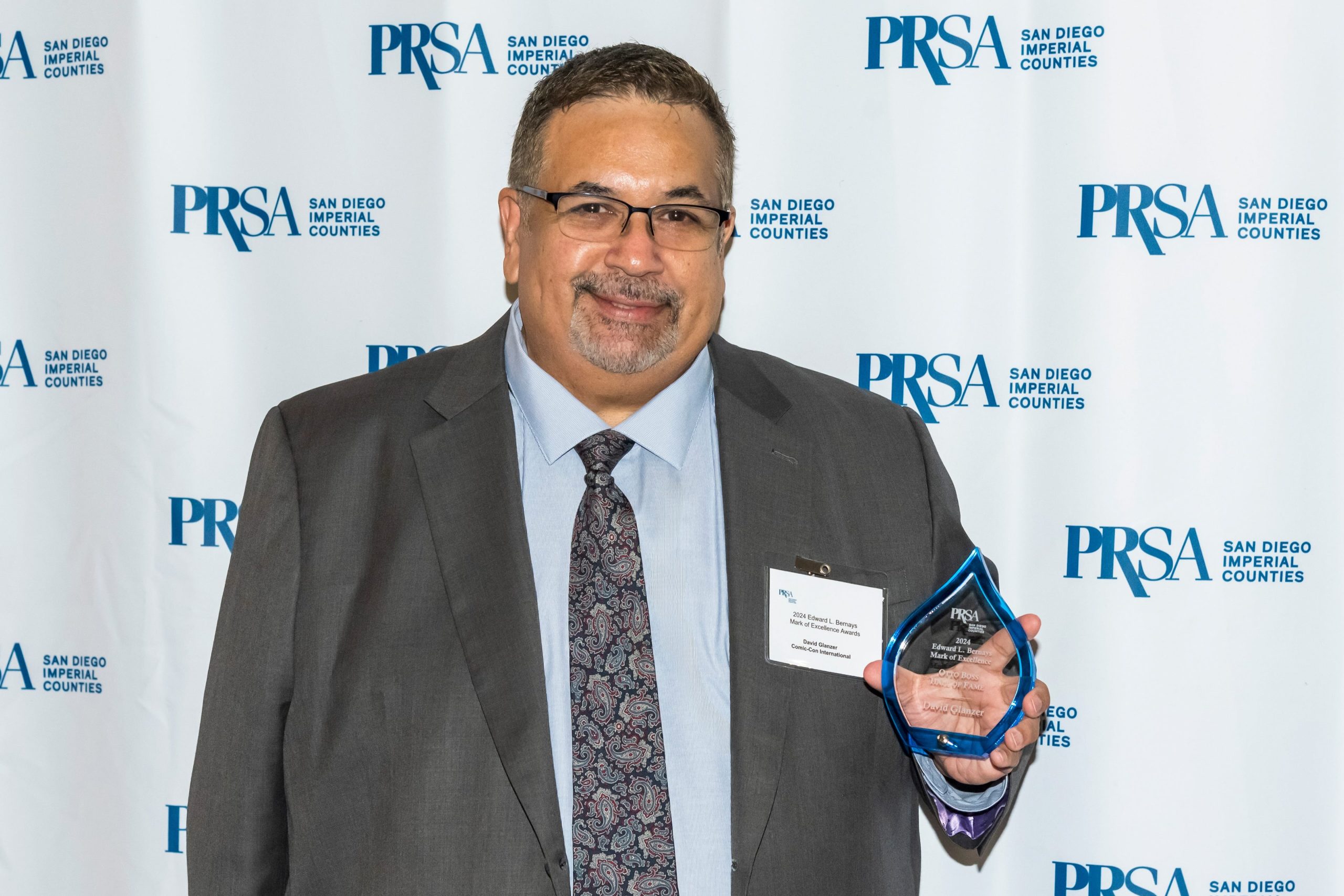In honor of National Native American Heritage Month, PRSA SD/IC hosted an inspiring panel discussion spotlighting Native American leaders who are shaping the communications and media industry. The conversation offered invaluable insights into the power of Indigenous narratives and the role of culturally informed storytelling in public relations.
The distinguished panelists included:
- Randy’L Teton, Public Affairs Specialist for the U.S. Forest Service, whose work spans tribal, state, and federal relations and whose leadership guided the Shoshone-Bannock Tribes during the COVID-19 pandemic.
- Dr. Joely Proudfit, a thought leader in American Indian Studies, with a focus on Indigenous marketing and media relations, advising major networks, and advocating for Native sovereignty.
- April Hale, Owner of A.Hale PR and President-Elect of New Mexico PRSA, who has dedicated her career to strategic advocacy and outreach for tribal communities.
The event celebrated the leadership of Native American professionals in communications. Here are three key takeaways from the discussion:
Breaking Stereotypes in Mainstream Perceptions
Native Americans are often reduced to harmful stereotypes in mainstream media—depictions of artifacts, ceremonial attire, or traditional crafts. True progress in equity and inclusion requires challenging these narratives and showcasing the diversity of contemporary Native cultures, languages, songs, and ceremonies. Native peoples are resilient, thriving communities with rich, evolving stories that reflect their cultural vibrancy and contemporary realities..
Empowering Native Storytellers
A significant shift in representation is driven by Native storytellers taking the reins in creative industries. Filmmakers and activists in the media have broken barriers, creating authentic and multidimensional portrayals of Native life. These efforts underscore the importance of Native-led projects that honor the lived experiences of Indigenous communities.
Representation Across All Sectors
From advertisements to politics, Native representation matters at every level. Incorporating Native voices in decision-making processes—whether in city campaigns or creative productions—challenges tokenism and fosters a more inclusive narrative. Suggestions such as portraying Native individuals in non-stereotypical roles highlight the need for intentional and thoughtful representation.
Bonus: See a land acknowledgment statement toolkit prepared by Proudfit for the American Indian Studies department at CSU San Marcos. More than a resource to help organizations produce these statements, it’s a tool that helps people understand why land acknowledgment statements are important.
The discussion served as both a celebration of achievements and a call to action for PR practitioners to continually learn from and partner with Indigenous communities. By embracing and elevating Indigenous voices, we can collectively harness the transformative power of inclusive storytelling to inspire change.
Watch the full panel discussion below:
